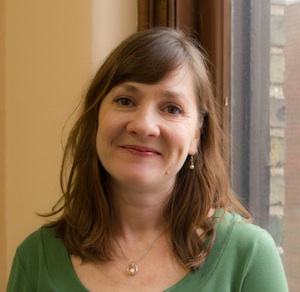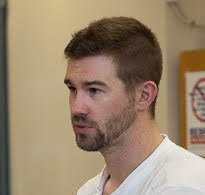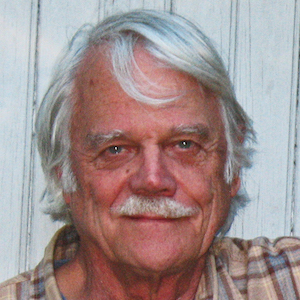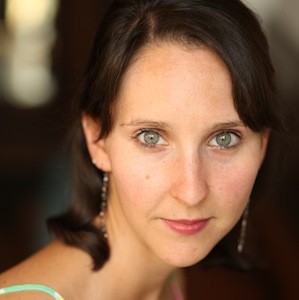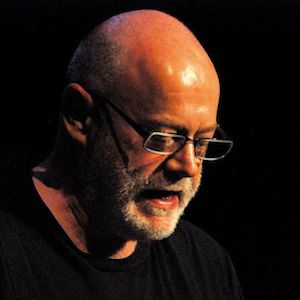Compose Q&A with Christi Craig
Please welcome Christi Craig—one of our assistant editors. Christi lives and writes in Wisconsin. She facilitates a creative writing class at Harwood Place Retirement Community, leads a roundtable at RedBird-RedOak Writing, and is a regular contributor at Write It Sideways. Her fiction and nonfiction have been published in print and online.
What is your writing process like?
It’s ever-evolving. For a long time, I thought I lingered more towards the organic writer end of the spectrum (pansters unite!). But, I’ve recently discovered that I sit somewhere in the middle of panster and planner. The only pre-meditated aspect of a first draft, for me, might be an idea or a first sentence or simply a title; then, I let the story unfold as it may. Efforts at re-writing, however, require much more thought and structure: an outline of what I have in a story so far, scene headings on flash cards spread out in a room and shuffled around (several times), even Scrivener (egads!). All of that before I dare rewrite the first paragraph. Of course, all that planning could very well be a stall tactic. Rewrites frighten me. Luckily, I maintain membership in a well-run critique group, which 1) keeps me on deadline and 2) helps me see through the fog of second and third drafts, all the way to the polished piece.
As far as how I write? I would love to say that my writing day begins with a 30-minute meditation, perhaps an hour of exercise, a cup of strong coffee, and the sun shining in on my desk. But, here’s the thing: I am a mother of two with a day job. I cannot, for the life of me, get up before 6am, too much caffeine makes me twitch, and I don’t have a writing desk (except the one in the basement, in which dark shadows and a damp chill reside). If I waited for the perfect start to a morning or the perfect environment, I would never write. So, my writing day begins with a lot of thinking. As I’m getting ready for work. As I drop the kids off at school. As I drive home from work and later, cook dinner. Then, I steal time to write, for ten minutes as dinner simmers on the stove or an hour here or there at a coffee shop (where I do my best writing).
What books are on your to-be-read list at the moment?
Christina Baker Kline’s Orphan Train, Cathy Marie Buchanan’s The Painted Girls, and The Book of Lost Fragrances by M.J. Rose—all historical fiction. I’m working on my own historical fiction right now, and I know that writing a story that centers around a real place or an event or a person requires a delicate balance between fact and fiction. As an author, I don’t want the reader thrown off by too much detail or put off by too much fiction. That’s why my to-read list is full of books within that genre, books about which I continue to hear great things, since the best thing I can do for myself as a burgeoning novelist is to follow in the footsteps of the successful authors who come before me.
Tell us about the most painful and/or the most hopeful rejection letter you’ve ever received. How about your most victorious acceptance?
The very first piece I submitted was to Rosebud Magazine, a Wisconsin literary journal. I broke every rule for submitting, from sending an essay that was far, far from polished to explaining the point of my piece in my cover letter. Still, the rejection I received from the editor was an entire page full of kindness and encouragement, the nicest “No thank you” I’ve received to date. I’m grateful, too, because I was in my very early stages of writing when I sent out that piece. A stark rejection may have very well dampened any hopes or ambitions I had for becoming the writer I am today.
My most victorious moment wasn’t an acceptance, but an honorable mention in a Glimmer Train writing competition. It came early on in my career as well and was one of those moments I chose to see as a sign from the Fates or the Universe (or whomever/whatever you believe in) that said, “Yeah. You’re on the right path. Keep writing.” Too many times, I question my sanity or decision to continue along my journey to publication: should I keep writing this novel, should I bother to resubmit this story, should I even consider another year of blogging? I find myself looking for the burning bush, but it’s often the little, glossed-over signs that are the push we need.
Connect with Christi at her blog, and on Twitter and Facebook.

